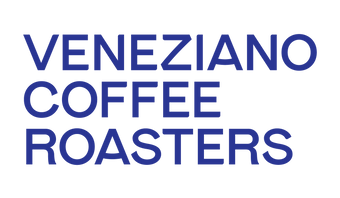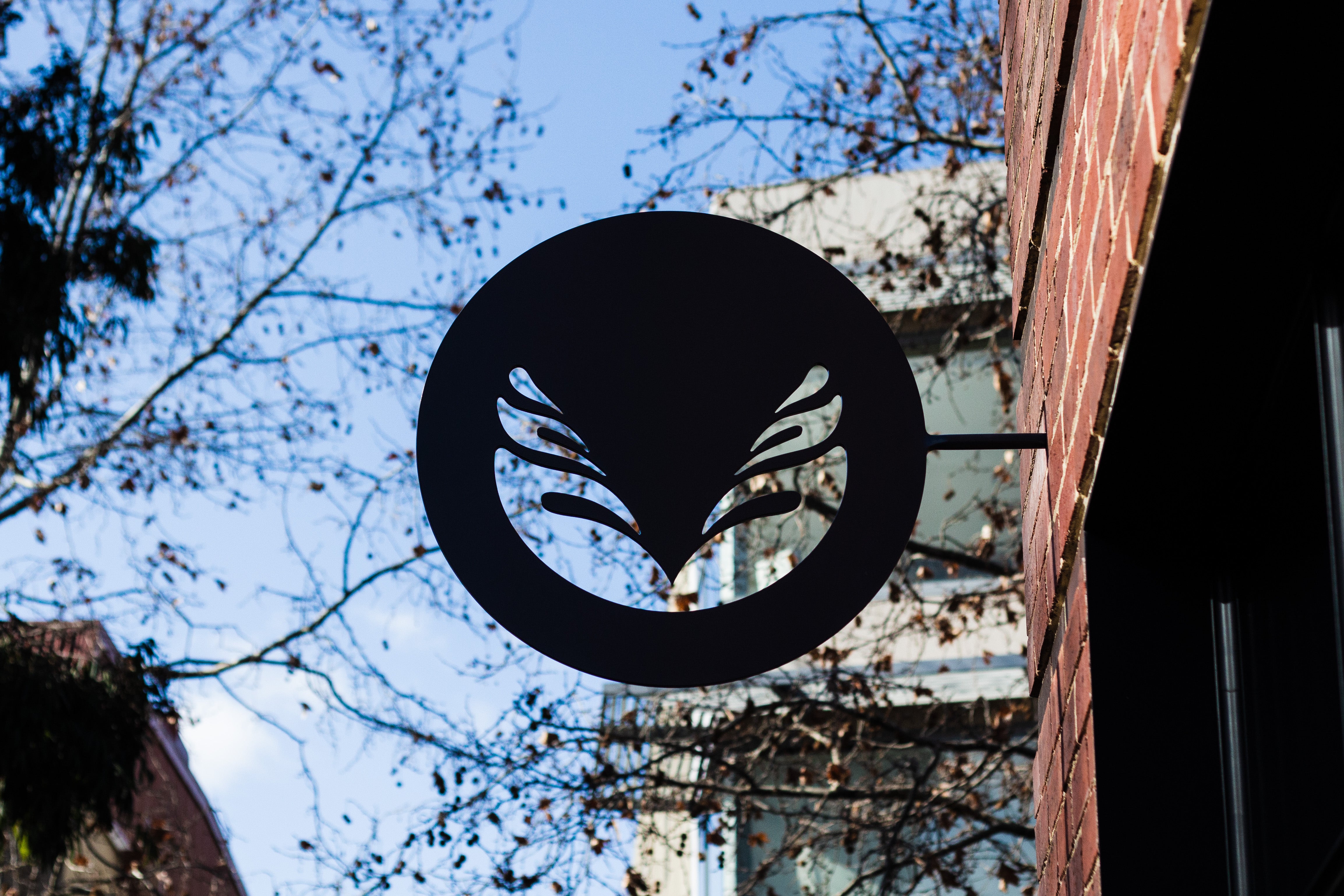What is Specialty Coffee?
Primarily the difference is the quality of the green beans used to produce the end product, which is reflective in a better tasting beverage.
 Traceability
Traceability
When you ask a specialty coffee roaster that sources its own coffee beans, you’ll find that in the case of specialty coffee every stage of processing can be traced all the way back to its origin. Meaning not just the country of origin but the region and farm or estate where it was grown; and in some instances down to micro lots on individual farms. Factors affecting quality including the coffee varietal, growing altitude and terrain, method of processing, dates of harvest and processing, transport and logistics as well as how and when it arrived at the roaster’s premises, are all traceable. These known quantities guarantee we are getting a quality product.
In contrast, information about mainstream coffees generally will end at the continent or country of origin, or at best, the coffee growing region. Farming and processing methods and exact dates of harvest used are not likely to be known or provided.
 Types of coffee
Types of coffee
There are around 75 species of coffee, although it’s two main types that are cultivated, Arabica and Robusta. The Arabica species alone has over 160 varieties, some of the most well known are Typica, Bourbon, Acaia, Aatui, Caturra, Gesha, but there are many others. As we begin to understand more about individual coffees we recognise that these different types offer an extensive range of unique flavour profiles to be enjoyed, more and more as a single origin as well as in blends. Any dedicated specialty roaster will provide all the details of the farm, the bean varietal (or varietals if it’s a blend, as well as the percentages) and the cupping or tasting notes. We draw comparisons to the wine industry where information is provided on grape varietals, farms or estates and tasting notes.
In contrast, with mainstream coffee you’ll typically be told that it’s Arabica beans, period. It is highly unlikely that the varietals will be known. Mainstream coffee will not be able to supply detailed tasting notes but rather will state a generic descriptor for the roast profile, e.g. dark espresso style roast, medium smooth mellow roast, and so on.
Availability
Certain coffee varietals excel in specific microclimates, the nature of which means that there is only a finite volume of high quality, or specialty coffee, that can be produced at any one time. Specialty roasters will be able to guarantee specialty coffee beans. The reason they can do this is many buy direct or via an experienced green bean broker that specialises in specialty coffee. It is important to understand that not every specialty roaster will acquire every type of specialty coffee bean available. Some are in very limited quantities that may go to only one or a handful of roasters. Specialty roasters choose beans with certain attributes to meet their requirements.
In contrast, the aim of mainstream coffee is to mass-produce large quantities of coffee to meet supply. It is simply not possible for mainstream coffee producers to provide single origin or microlot coffees (either individually or blended) on such a large scale due to the limited and seasonal availability. Almost literally, large scale producers will buy what they can get their hands on.
 Freshly roasted
Freshly roasted
The freshness of the coffee also impacts massively on flavour. The time between harvesting and processing to time of roasting is important; obviously the older the harvest at time of roasting the more we are likely to experience degradation of quality, as with any agricultural or food product. Specialty roasters will roast green beans as close as possible to harvest, to ensure optimal freshness of the coffee. Then there’s the roast period. Roasted coffee peaks in flavour and aroma within a certain time after roasting. Consumption is best during this time frame to enjoy coffee flavour and aroma at its optimum. As a very general guide, coffee tends to be at its best around 7 – 10 days after roasting. Of course, we recommend you go by personal taste also and bear in mind that each coffee type will present differently.
In contrast, roast date is not relevant in the case of mainstream coffee, as it’s highly unlikely it will be consumed soon after roasting. Generally it’s vacuum-sealed into bags in order to endure long-term storage. As such, harvest dates are also not guaranteed and actually, beans from different harvest years (not just seasons) may be mixed together.
Classification
There are protocols, as established by the Specialty Coffee Association of America (SCAA) and adopted by the specialty coffee industry globally, for grading green coffee beans. Arabica and more recently Robusta coffees undergo rigorous examination for defects to determine the quality of the coffee. Examination includes a physical grading for primary and secondary defects of a sample (usually 300 – 350gm), that includes factors such as: discolorations, dryness, fungus damage, presence of foreign matter, other physical factors such as immature/unripe beans, malformed beans, chips/cuts/breaks in the beans (indicating processing issues), presence of hulls/husks (this can negatively impact on the flavour) and insect damage.
The other important quality test by specialty coffee folk is the cupping test. This includes a specific roast profile conducted within a certain timeframe of cup tasting, of a particular sample size. Factors we assess are: fragrance, aroma and flavour. Then factors such as aftertaste, acidity, body, balance, sweetness, clean cup (lack of negative impressions), uniformity and so on are also considered. All of these final parameters obtained from the physical and cupping examinations are collated into a final score classification (determined by SCAA standards). This establishes whether a coffee is classed as: outstanding specialty/excellent specialty/very good specialty; the rest is below specialty grade, or referred to as: exchange grade/average quality/usual good quality (UGQ); commercial grade and/or off grade/below grade.
In pointing out the obvious, specialty roasters only acquire specialty graded coffee. In contrast, mainstream coffee can include anything below that, often a mix of various categories.



